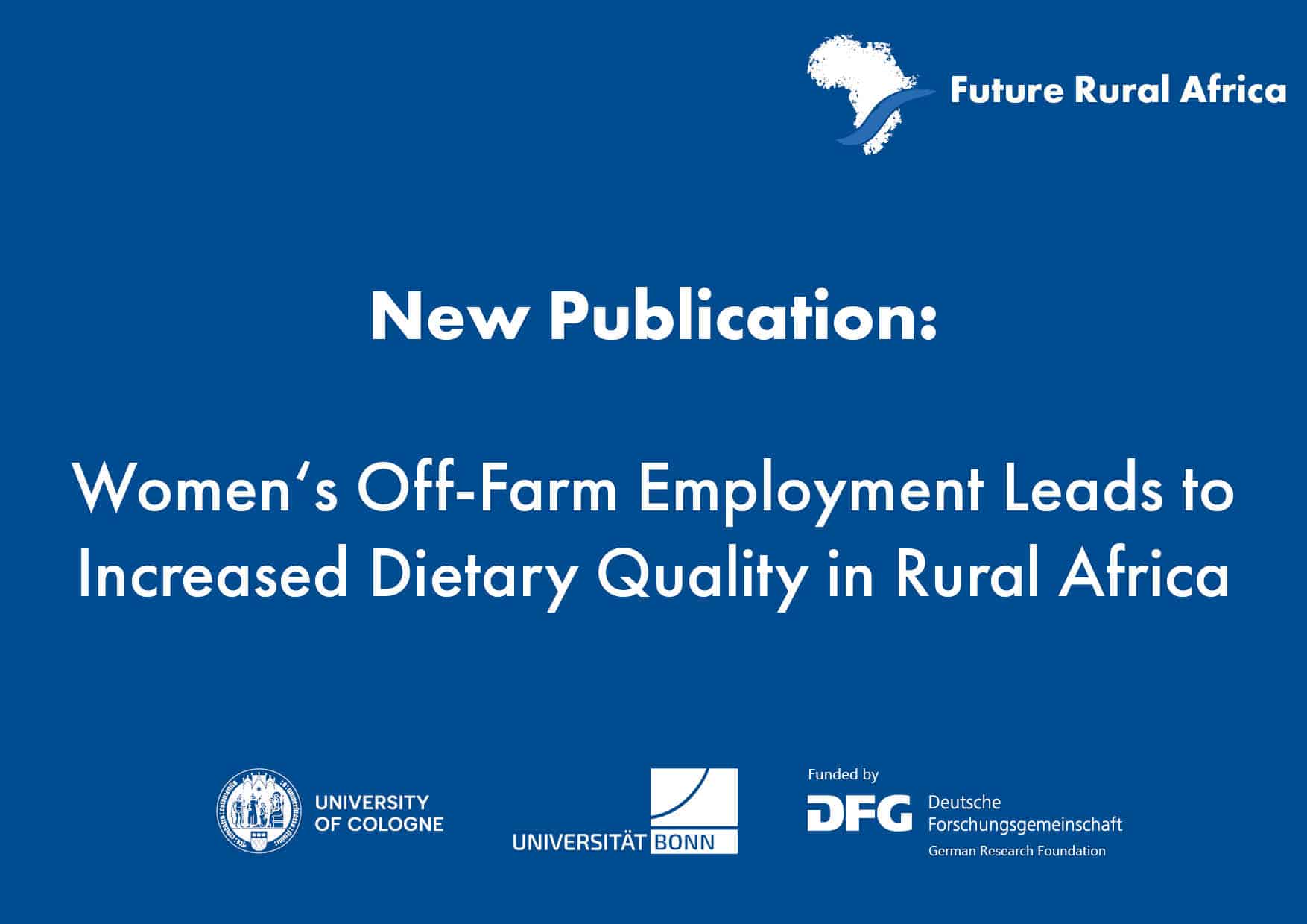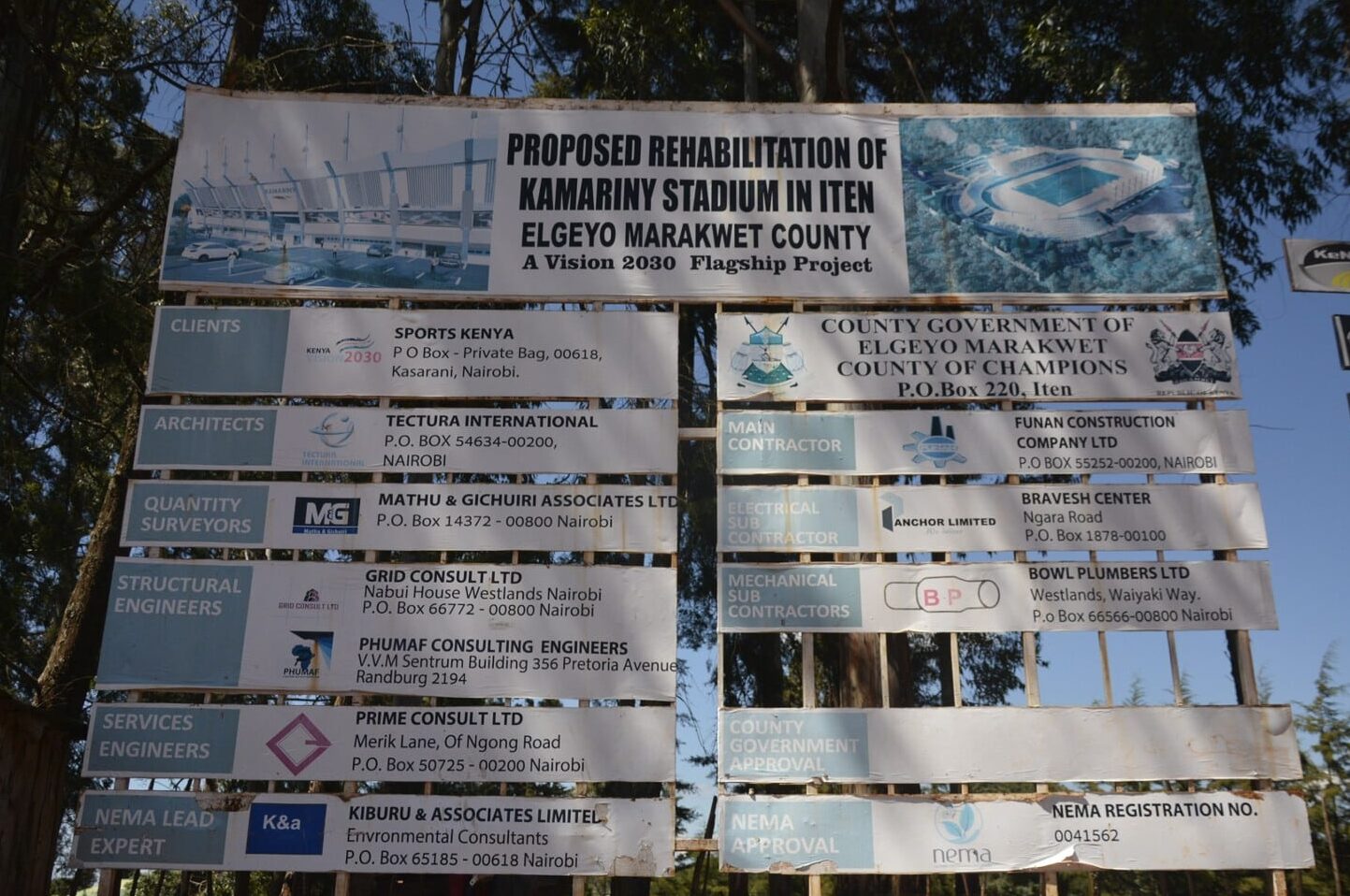Peter Dannenberg, Gideon Tups (CRC-TRR Project C01 Future in Chains / University of Cologne) and Victoria Luxen (University of Cologne).
Abstract
It is widely assumed that farmers want to farm and that successful farming is positively associated with a farmer’s life satisfaction. Accordingly, especially development interventions in the Global South are focussed on upgrading and transforming rural farming landscapes under the general premise of raising productivity. However, growing evidence suggests that the assumed centrality of farming for life satisfaction is in question. The rise of trans-local and diversified livelihoods is permeating rural landscapes and new rural hopes, aspirations and livelihoods include more than “ just farming”. This study responds to a simple question: What makes smallholder farmers satisfied with their life? In doing so, it uses the case study of two agricultural clusters in Tanzania which have recently received massive financial and donor support to upgrade and transform smallholder agriculture. Based on survey data with 865 farming households, we use a multivariate logistic regression model to test for the effects of different agricultural and non-agricultural livelihood assets on the life satisfaction of smallholders. Our results suggest that just improving productivity-enhancing agricultural assets (agricultural capital, output, knowledge) is not significantly raising smallholders’ life satisfaction. Rather, more fundamental livelihood assets such as positionality (gender and age), savings and housing conditions have the strongest effect.
Dannenberg, P., Luxen, V., Tups, G., 2022. What makes Tanzanian smallholder farmers satisfied with their life? It’s not farming! Journal of the Geographic Society of Berlin 153, No.4. Full Text
For more information on project C01 Future in Chains click here.






